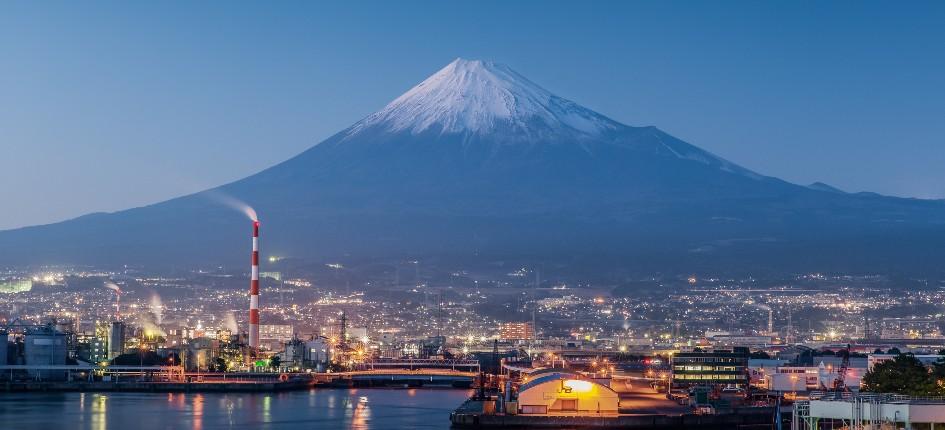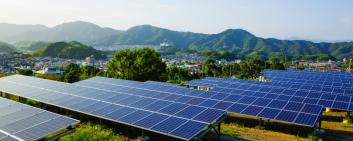The Japanese government believes that the “net” in “net zero” is a key component of its carbon neutrality, enabling it to keep burning some fossil fuels in hard-to-decarbonize sectors by offsetting or capturing/utilizing emissions from power plants and industrial processes, and even extracting CO2 directly from the atmosphere. The government is particularly keen on CCUS because it could help keep thermal power generation assets online to provide reliable baseload power.
In this report we discuss:
- CCUS Technology and its Application in Japan (incl. a list of local companies involved & project details)
- METI's (The Ministry of Economy, Trade and Industry) Targets for CUUS
- The Barriers to CCUS Development in Japan
- Areas of Priority Development
This is the fifth publication within our ten-part "the Japanese Energy Industry" series. Catch up on the already published parts of the series in the link section below.








